Alcohol and Ketosis
Have you ever stopped to think about society’s love for alcohol and that alcohol is the ONLY drug that you have to justify not using. I am always asked why I don’t drink and the truth is for many reasons.
I once had a client who told me he HAD to have a few glasses of wine in the evening so he would blow ketones in the morning and if he didn’t drink, ketones were not present. UM, WHAT? Yep, he was right. A breath ketone tester is a lot like the breathalyzer that police use. Which made me think if someone in ketosis gets pulled over and asked to blow in a breathalyzer would they be in trouble just for being in ketosis?… So what about ‘Alcohol and Ketosis’?
But the truth is alcohol does not help you get into ketosis if anything alcohol is holding you back from your best self. Not only physically but mentally.
ALCOHOL FACTS
When people go on a diet, they often choose the “light” version of their favorite alcoholic beverages in order to save a few calories. However, that is only a small piece of the puzzle. Fat metabolism is reduced by as much as 73% after only two alcoholic beverages. This scary fact shows that the primary effect of alcohol on the body is not so much how many calories we consume, but how it stops the body’s ability to use your fat stores for energy.
Muscle Tip: Drinking alcohol is the most efficient way to slash your testosterone levels; women…we don’t want this to happen either. Just a single event of serious drinking raises levels of the muscle-wasting stress hormone called cortisol and decreases the levels of testosterone for up to 24 hours. If you are working out to build strong fat-burning muscles yet consuming alcohol, this actually breaks down muscle further and you end up with a slower metabolism. This is because you break down muscle as you lift weights and you repair them as you rest if you have proper hormone levels…if not, you never repair your muscles properly!
Alcohol in the body is converted into a substance called acetate. Unlike a car that uses one supply of fuel, the body is able to draw from carbohydrates, fats and proteins for energy. When your blood acetate levels increase, your body uses acetate instead of fat. To make matters worse, the more you drink the more you tend to eat; and unfortunately, drinking will make your liver work to convert the alcohol into acetate, which means that the foods you consume at this time will be converted into extra fat on your body.If that didn’t sound bad enough; alcohol stimulates appetite and decrease your testosterone levels for up to 24 hours and increases estrogen by 300%. The infamous “beer belly” is really just an “estrogen belly.” Biochemically, the higher your level of estrogen is, the more readily you absorb alcohol, but the slower you break it down.
Also, we all know that alcohol dehydrates us. In order for fat to be metabolized, it must first be released from the fat cell and then be transported by the bloodstream where it is pushed to the liver to be used as fuel. If you are dehydrated, the liver has to come to the aid of the kidneys and can’t focus on its role of releasing fat.
Alcohol affects every organ of the body, its most dramatic impact is upon the liver. The liver cells normally prefer fatty acids as fuel, and package excess fatty acids as triglycerides, which they then route to other tissues of the body. However, when alcohol is present, the liver cells are forced to first metabolize the alcohol, letting the fatty acids accumulate in huge amounts. Alcohol metabolism permanently changes liver cell structure, which impairs the liver’s ability to metabolize fats, which causes fatty liver disease.
To read more, check out my book:
Keto.
The Complete Guide to Success on The Ketogenic Diet, including Simplified Science and No-cook Meal Plans
This book is really amazing and a complete guide to everything you need to heal and reach your weight loss goals. It breaks down all the latest science and information into very easy to digest pieces. It breaks through the keto myths and keeps you from going down the wrong path. Some of the topics discussed are:
- How manipulation by the sugar industry resulted in decades of fearing fat.
- How to look for root causes of disease instead of putting bandaids on symptoms (prescriptions).
- What tests are good markers for health and longevity.
- How our bodies really work including oxidative priority, fat flux, lipolysis and the reasons for metabolic disfunction.
- What is a well formulated ketogenic diet and how to figure out your own optimal macro ranges based on your body and your goals.
- All about our hormones and how they affect our bodies, moods and more.
- How to modify keto or add to it for healing from specific diseases and chronic illness.
- Including thyroid, Crohn’s, blood pressure, gout, acid reflux, IBS, gallbladder, gastric bypass, acne and eczema, depression and anxiety, fertility, Alzheimer’s, menopause, bone health, cancer, chronic pain, diabetes (1 and 2) and much more!
- Dispelling common myths and mistakes in a ketogenic diet.
- What are the most nutrient dense foods and why nutrient density matters.
- Fasting, both intermittent and long term and how to do it properly.
- Exercise and Keto Athletes.
- Complete pantry list and TWO 7 day no cook meal plans (one is dairy and nut free!).
- Additional tips and methods for healing at a cellular level.
I find if very interesting that 25% of the alcoholic patients in a particular treatment center in MN have gone through weight loss surgery.
Alcohol and sugar addiction go hand in hand. I have a heavy heart for those with food addictions because, unlike alcohol, food is unavoidable. We need it for survival. Many people claim that you can’t be addicted to sugar, but research has proven that when people binge on carbs (i.e. sugar molecules hooked together in a long chain) and then restrict, the body creates an endogenous opioid. It is released in the body much like the chemicals released when people are doing other drugs. PET and CAT scans of food addicts look just about identical to that of drug addicts and alcoholics. What I find really interesting is that “carb-addicts” carry the same D2 dopamine receptor (a gene that identifies addiction); which proves that biochemically, food addiction is just like addiction to other narcotics. A lot of my clients who are in Overeaters Anonymous tell me that they started consuming carbs and sugar just as if it were alcohol. Click HERE for reference.
The problem is that we see alcoholics as having a problem, but desiring carbs and sugar is seen as “normal” and is just a part of the typical American diet. This reminds me of one of my clients who lived in England for 10 years. Her boss came to her and had an intervention with her, claiming that she had a food addiction and the company paid for her to go to treatment. She told me how in England, they saw her problem and how it effected her work, but now that she is in the U.S., she is seen as normal.
I want you to know that there are ways to help your brain chemistry! You do NOT have to suffer from a food addiction or alcohol addiction. Alcohol turns into sugar so alcoholics are naturally drawn to sugar once they quite alcohol. Sugar (and alcohol) blocks serotonin receptors. Leading to more cravings for carbs and alcohol. Do you know where serotonin comes from? Not the brain…it is the intestinal tract. So how can we fix these terrible life-consuming cravings for sugar/alcohol?
I first recommend a quality probiotic. A probiotic supplement helps increase serotonin. Click HERE to find the one I take daily (my kids also take THIS one). 70% of our immune system is in our gut. This is the best thing for anyone who is depressed or dealing with cravings should take.
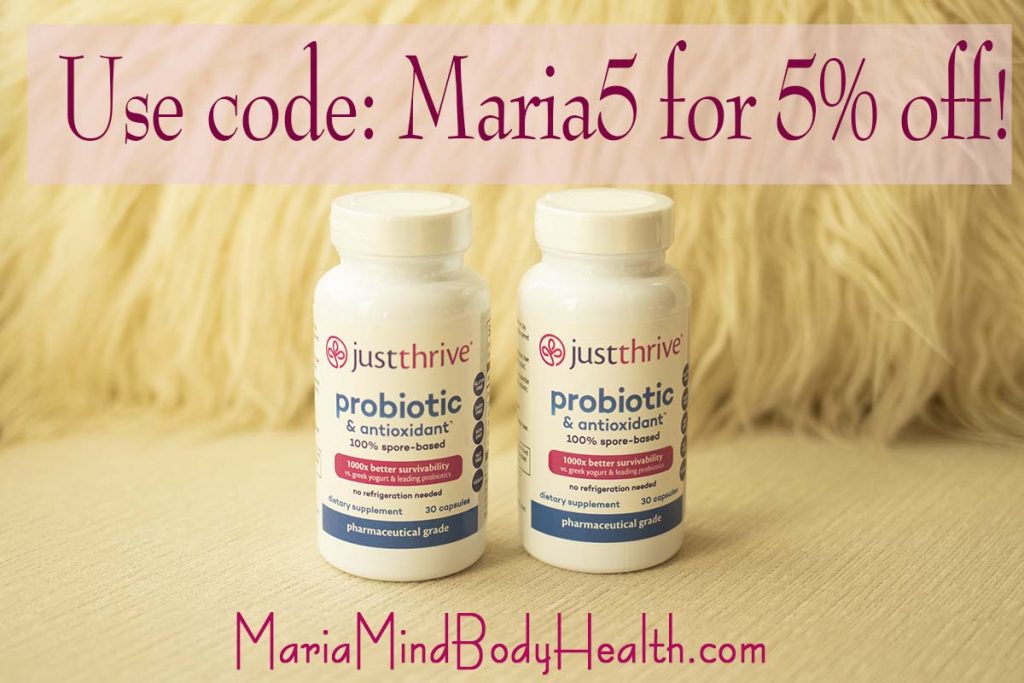
Another helpful nutrient needed to cut those alcohol and sugar cravings is l-glutamine. L-glutamine is an amino acid found in protein. Human studies that date back to 1957 prove that this amino acid can reduce cravings and the anxiety that accompanies alcohol withdrawal. Click HERE to find a quality l-glutamine supplement. Other things like Milk Thistle help to cleanse the liver (which governs our moods and how we lose weight… low moods = more cravings).
If you need more help with your food or alcohol addiction, I would be honored to help with a consult. You don’t deserve to suffer through this alone! Click HERE to get started.
TESTIMONY OF THE DAY
Phone Consult Update!: “Hey Maria! It was great learning from you at Yoga Hus last night. I’m in my PJs browsing the new cookbooks! It was ironic that yesterday i was celebrating my first weight loss goal (20lbs!)
I did want to share, and hope you will feel free to share with other clients an important note about alcohol. Our phone consult was 3 months ago. I lost 7 lbs immediately but than plateaued for 3 months and was still not sleeping. I had been sugar/grain free and had used your recipes exclusively with the supplements, water etc.. …except I was still drinking one or more drinks nightly. Finally, my boyfriend and I gave up the drinking completely and IMMEDIATELY I began sleeping like a baby and the weight disappeared and I dropped 2 sizes AND no more cravings. It seems every morning, the scale surprises me with another few oz missing. I know, I know…duh. Tell your clients not to be an idiot like me and sabotage all of their efforts and expenses like I did.” Sara
Click HERE to get started on your path to health today! A year from now you WILL thank yourself!


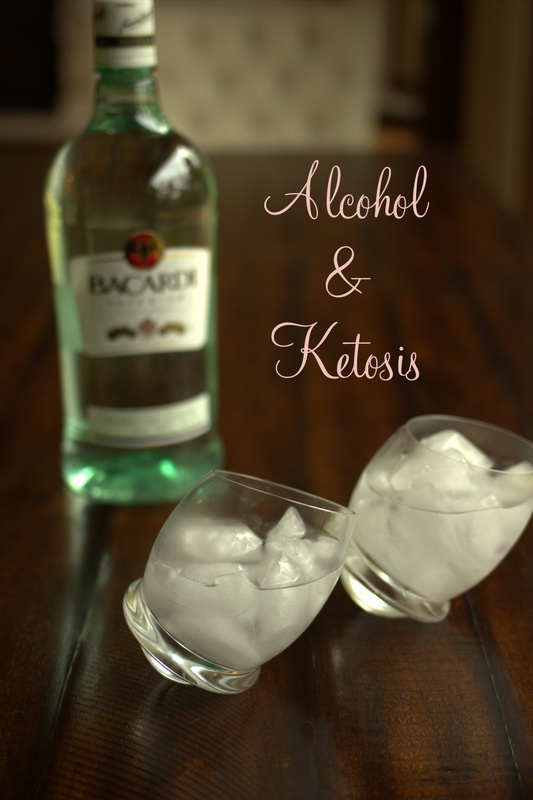


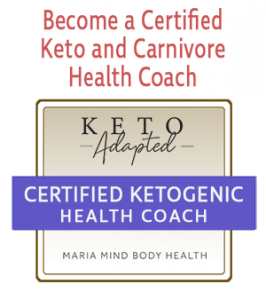



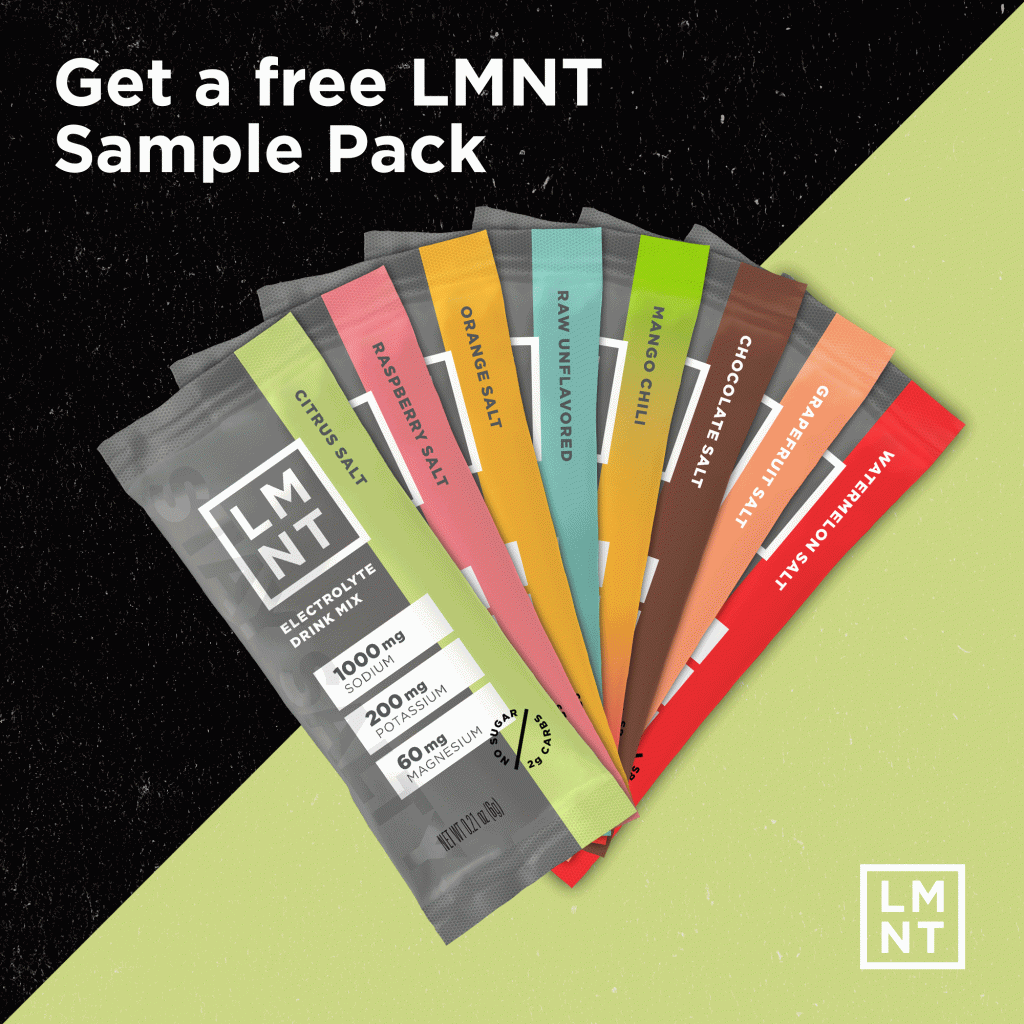
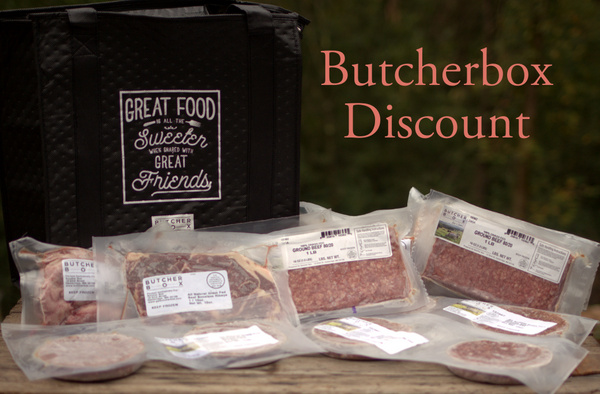
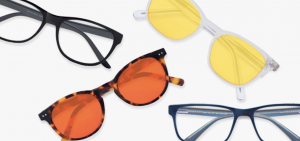
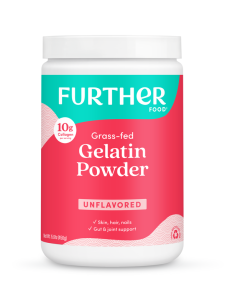

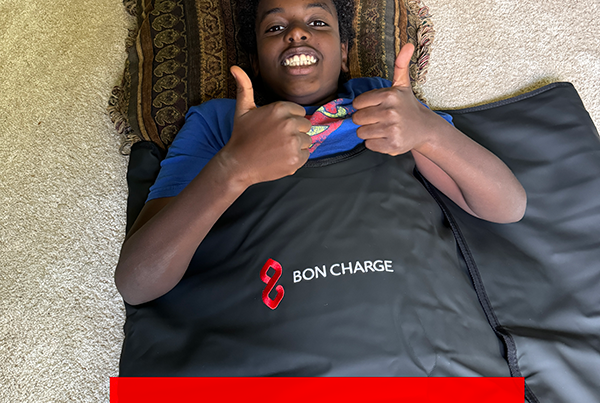
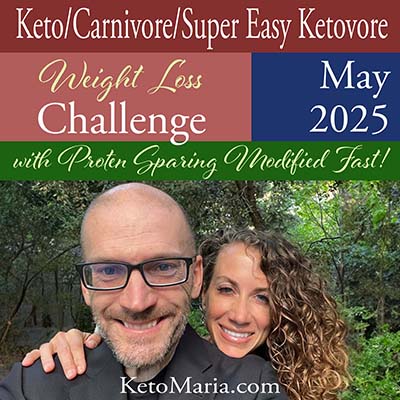

Thank you for this post. I had been doing so well on your program I started in July and then my foood addiction kkicked in. I had wanted to contact you for so long but was of course ashamed and didn’t know you worked with addicts. This post literally answered my prayers from last night. I was so close to must giving up and i had wanted to contact you for months now but i was so afraid of being judged. I think is time for me to actually work with someone instead of doing it on my own. Thank you Maria .
Thanks Sam! 🙂
People say that carbs increase serotonin levels, though. Any insight to this?
I learnt from Dr Natasha Campbell McBride, of the GAPS diet, that overgrowths of certain opportunistic and pathogenic bacteria, yeasts and fungi, like Candida, convert dietary glucose into alcohol (ethanol) and its by-product, acetaldehyde. As she says in her book, “This phenomenon was first described in adults, who appeared to be drunk without consuming any alcohol….These people were particularly “drunk” after a carbohydrate meal, because carbohydrates are consumed by Candida with the production of alcohol. Despite the fact that these people did not consume alcohol, they developed some typical symptoms of alcoholism.”p51 “Gut And Psychology Syndrome”. We auto-intoxicate…
Well said! 🙂
Maria, is there a test for fatty liver disease, or is it diagnosed through symptoms? Thank you 😊
You can do a liver enzyme test, but that is 100% accurate. A CT scan (or MRI and even ultrasound) is and can visualize how much fat is in the liver. 🙂
I am so glad to read this post. Would you recommend the adult version of the bifido bacteria for my 19 yr old son and the children’s version for my 14 yr old daughter. Also is it one a day. Do you take it on an empty stomach or can you take with food? Is the l-glutamine safe for children – 14 yrs old. Also, how much and when do you take it for children and adults?
Thank you
Both could take the adult version if your 14 year old is OK swallowing pills. Yes, start with 1 a day in morning when you wake up. Yes, l-glutamine is safe for kids. Just adjust dose based on body weight.
I understand that bifido bacteria MUST be refrigerated in order to be effective? Does this one require refrigeration? Thanks!
Yes it does. 🙂
What Zinc supplement would you recommend (besides the liquid supplement by Designs for Health)? I have a hard time remembering the liquid when taking my supplements so would like to purchase it in a capsule. Thanks!
Yep! Here you go: http://astore.amazon.com/marisnutran05-20/detail/B000CC095W
Thank you Maria! I too have struggled with food addiction for 25 years. Sometimes I did wish I was an alcoholic instead. Isn’t that crazy! I do need to do a consult with you and am just waiting until our house closes and we move. Too much going on right now to add another thing. Thanks again for this post.
Maria,
Thank you for this article. It took me quite a while to get the connection. I had my RNY 13 years ago. It is just now that I am finally in control with keto and IF. I still worry about the side effects of the surgery. I don’t know if I am really getting the proper nutrition, due to the absorption issues from the surgery. Do you work with WLS clients? I think I am on track, but I am not losing as I think I should be. I have a few slips here and there. I think I need a consultation with you. I think answers to a few questions would get me on my way.
Yes! I have many many clients who have gone through WLS!
I’d be honored to help!
how do I contact you?
Here you go: http://mariamindbodyhealth.com/contact_me/
Maria – I have ordered these and they were not chilled in shipping. Does it ruin the effectiveness of the probiotics since not refrigerated in shipping?
It can last a few days without refrigeration. I pack mine when we travel. It is totally ok;)
Hi – Once a person’s gut has the micoflora populating, is it necessary to continue to take the pearl? Would continuation not be too much of a good thing? Thanks
I’m not a fan of the pearl brand but yes a quality good gut bacteria supplement is very helpful.
Thank you Maria for this post. It is good for the reminder. I’ve read your “Alcohol” chapter a couple of times. I know I need to stop having that glass of wine on the weekends. I look forward to my glass of wine on the weekend. Maybe I need to try the L-glutamine to help that weekend craving.
Hi Maria! I love your blog because of excellent articles like this one. (And also it’s so pretty!)
Could you explain what is meant by “when people binge on carbs (i.e. sugar molecules hooked together in a long chain) and then restrict, the body creates an endogenous opioid.” I don’t understand the part about restricting…
Thanks!
Thanks! Basically it means that you get a response that is similar to other drugs (withdrawals, etc).
Thanks Maria for all the amazing work you do! I am not a drinker, but I have been taking a lot of NSAID’s and I worry about their effect on my liver. I have been researching Sylimarin and found a combo of Silymarin and ALA by NOW. I see you have NOW brand recommended. One article cautioned to NEVER take Chinese source ALA, only German. As supplements source of origon does not have to be listed, do you have any insight into whether or not NOW brand is Chinese? It’s so hard to tell and with all the recent investigations showing that even a popular national brand supplements are nothing but garbage (ground up houseplants!) how do we know if the NOW brand are better? I trust your info and have several of your books including the Secrets to a Healthy Metabolism which I am trying to follow. I just need to know if the supplements I order are actually doing me as much good as they can!
Thanks!
Now brand is a great reputable company that uses non-synthetic vitamins.
Metagenics is a preferred medical grade company but is also more expensive.
Also, the NOW brands have Magnesium Stearite. Isn’t that bad for the gut health? So much to look into! Thanks for any insight you can add.
That study was proven wrong.
Hi Maria, Thank you for your recommendation on alcohol and glutamine. I have been having a couple of glasses of wine lately after work and this is likely sabotaging my weight loss. I am reading your book as a result of the link you provided. Am now past the chapter on alcohol. I didn’t see anything on dosage or frequency of glutamine. Can you clarify? Thanks! Heather
I would do 3 grams three times a day;). Can increase to 10grams 3 times daily.
Your posts are both frightening and inspiring. Thanks for all of the amazing information.
Thanks so much!
I have read that there may be a correlation with glutamine and cancer tumor growth. Do you know anything about that?
Absolutely not. You may be thinking of glutamate.
Hi Maria,
I take supplements for helping with menopause symptoms brought on by having a complete hysterectomy . They are Maca and an herbal blend called Transitions. Is it safe to take the Ultra Flora and the L-Glutamine with them?
I don’t know what is in transitions but should be ok. Ultra Flora and glutamine are things naturally found in food.
Does ketosis make you more susceptible to alcohol? My husband and I went out for a special dinner last night and I had two glasses of wine… next thing you know I was downright drunk, and today I have a hangover! Sure wasn’t what I set out to do!
I wonder this too.
Not that I know of. Could have been some other factor or maybe that you haven’t had it in a while?
So to quickly address the breathalyzer issue, the answer is yes, a person in ketosis might get into trouble if they blow into a police breathalyzer. I’m an attorney and our firm handles mostly DUI cases. Usually, a person in ketosis (who has not consumed alcohol) will not blow as high as .08 which is an automatic DUI (or DWI depending on the state), but will show some alcohol even though they swear they have not had a drink. Now if you’re in ketosis, and you have a drink, you might blow higher leading to an arrest. Not to mention some states have DWAI laws (driving with ability impaired) which would mean an arrest if you blow .06. All in all, it’s just one more reason not to drink if you are following a ketogenic diet.
Well said and thanks for the insight! 🙂
Twice since I’ve been in ketosis, I’ve had a drink. Both times my drink of choice was a margarita, one I made myself (lime juice, tequila, triple sec and ice) and another I got at a bar. Both times I woke up the next day feeling like I had the flu! Headache, achy joints, low grade fever and all. After reading Maria’s article, I’ll probably avoid alcohol on general principle, but has anyone else had this experience? Could these all be symptoms of dehydration vs flu? Thanks!
Yes, effects of the metabolic shift that happens in your body when you take in the alcohol and sugar (from bar one).
I needed to read this article. Drinking alcohol had become such a part of my identity over the years, that it was incredibly difficult to part with. A fun loving gal in Manhattan with a Manhattan – of course! But the research is here. Thank you for taking the time to research and write. Being exposed to the knowledge makes the transition not only easier, but joyful.
Love this!
My husband enjoys having a few beers with his friends every now and then. He’s an endurance athlete in very good physical condition. We follow the ketogenic diet but he is curious if you have an alternative recommendation for an alcoholic beverage he can enjoy with his friends. Thanks!!
Sorry. I don’t like alcohol at all. 😍